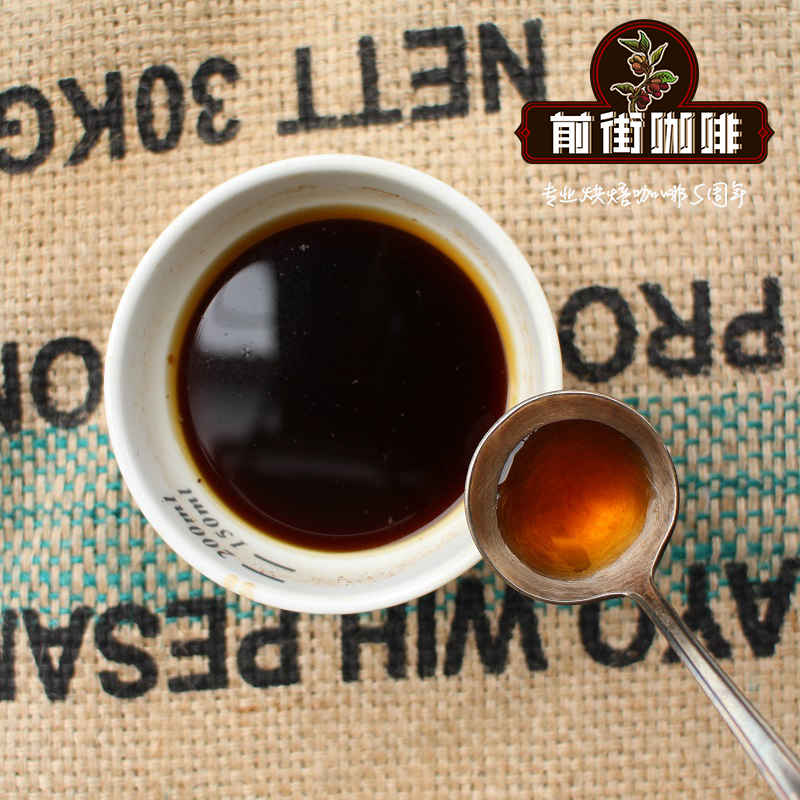Do you understand what organic coffee means? is organic coffee good? how does it taste?

Professional coffee knowledge exchange more coffee bean information please follow the coffee workshop (Wechat official account cafe_style)
Organic coffee has become popular in recent years, and there is not much understanding of how to develop organic coffee, but since it is "organic", does it mean that the cultivation of this kind of coffee is different from ordinary coffee? Is it planted with very healthy chemical fertilizers and planting methods?
What is organic coffee?
Organic coffee refers to
It is from planting to baking without the use of chemical raw materials without pesticides, pesticides, herbicides and artificial food additives.
"Farm to Bake" it includes the following:
Processing, packaging and baking of soil fertilizer, deworming and raw beans
Land: the soil must be free of synthetic chemicals for a certain number of years, depending on the country that has obtained organic certification. The United States Department of Agriculture (USDA) and China, for a period of three years.
Fertilizer: the choices here are usually manure, waste coffee pulp and general compost.
Disinfestation: use organic pesticides or substances such as soap, lime, sulfur and hydrogen peroxide. Natural solutions are also used, such as growing coffee in the shade and fostering healthy ecosystems through predators such as birds.
Processing: must be organic certification requirements, in the coffee processing process without any synthetic residue. In other words, the equipment for processing coffee must have organic coffee certification (or equipment that meets the organic coffee certification standard, but it may not be possible to obtain an organic coffee certificate. ).
Packaging: even from the beginning of the harvest, you must pay attention to which materials are used to pack the coffee. If coffee comes into contact with any non-organic packaging material, coffee is no longer called organic coffee.
Roasting: like processing, coffee must be roasted in a certified organic facility. However, most roasters deal with organic coffee and regular coffee that does not follow the organic path. These facilities must be very careful to avoid pollution.
Organic is about this process, not about morality or labor practice. This means that farms may be able to grow and sell organic coffee while still having exploitative labour practices. If you are concerned about the overall situation, please look for organic coffee, Fair Trade and Rainforest Alliance certified coffee.
The flavor and taste of organic coffee
Organic coffee has a strong aroma, smooth, layered, rich and sweet, with elegant and mild sour taste.
Coffee developed into organic coffee does not seem to think that coffee beans are crops, the term "organic" of crops has existed for a long time, probably such a term can make coffee more expensive! What's so special about organic coffee than the coffee we often drink? it's probably the word "organic".
END
Important Notice :
前街咖啡 FrontStreet Coffee has moved to new addredd:
FrontStreet Coffee Address: 315,Donghua East Road,GuangZhou
Tel:020 38364473
- Prev

Tell you what is the skill of coffee flower drawing | teach you the skill of coffee heart-shaped flower drawing for the first time
Professional coffee knowledge exchange more coffee bean information Please pay attention to the coffee workshop (Wechat official account cafe_style) Coffee pull is a craft of baristas, this technology has brought baristas some customer praise and self-pursuit. Guests will come to the restaurant to ask the barista to make leaves or loving flowers. The barista must be able to do exactly what the guests want.
- Next

Is there any knack for mixing coffee beans? why can't you make coffee by hand?
Professional coffee knowledge exchange more information about coffee beans Please follow the coffee workshop (Wechat official account cafe_style) people need to piece together coffee from different places for several different purposes. The ideal goal, of course, is to piece together a coffee that tastes better than any of them. But generally speaking, Arabica coffee grown in a single place of origin is enough to make the export flavor.
Related
- Beginners will see the "Coffee pull flower" guide!
- What is the difference between ice blog purified milk and ordinary milk coffee?
- Why is the Philippines the largest producer of crops in Liberia?
- For coffee extraction, should the fine powder be retained?
- How does extracted espresso fill pressed powder? How much strength does it take to press the powder?
- How to make jasmine cold extract coffee? Is the jasmine + latte good?
- Will this little toy really make the coffee taste better? How does Lily Drip affect coffee extraction?
- Will the action of slapping the filter cup also affect coffee extraction?
- What's the difference between powder-to-water ratio and powder-to-liquid ratio?
- What is the Ethiopian local species? What does it have to do with Heirloom native species?

